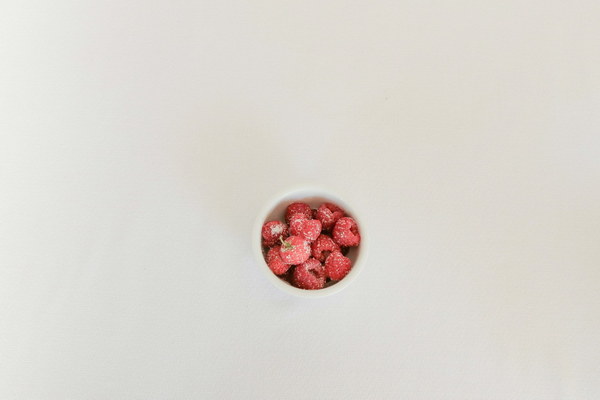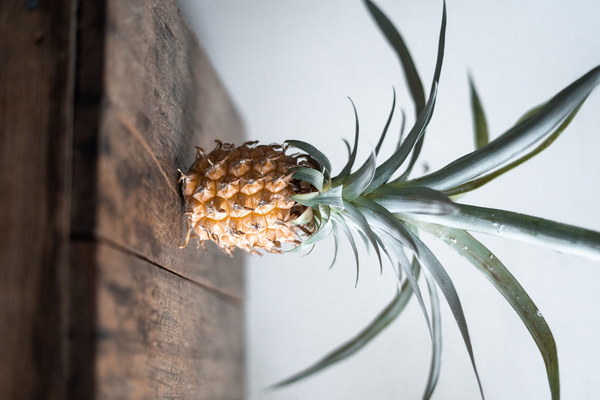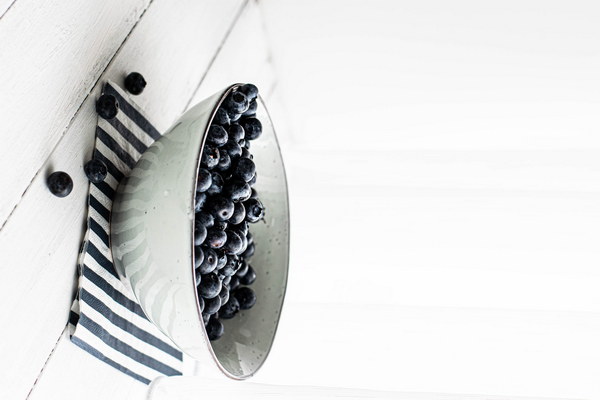Unlocking the Ancient Secrets The Health Wonders of Lingzhi Reishi Mushroom
The Health Wonders of Lingzhi (Reishi Mushroom): An Ancient Elixir for Modern Times
In the annals of traditional Chinese medicine, Lingzhi (Reishi mushroom) has been revered for centuries as a potent herb with numerous health benefits. Known scientifically as Ganoderma lucidum, this fungus has gained a reputation as a miracle herb in the East and is now gaining recognition in the West for its potential health benefits. Let's delve into the fascinating world of Lingzhi and explore how it can enhance our well-being.
1. Immune System Support
One of the most celebrated properties of Lingzhi is its ability to bolster the immune system. Research suggests that the mushroom contains a variety of compounds, including triterpenoids and polysaccharides, which can enhance the body's natural defense mechanisms. By doing so, Lingzhi may help prevent infections and reduce the severity of illnesses.
2. Stress Reduction
In today's fast-paced world, stress is an unavoidable part of life. Lingzhi has been used traditionally to alleviate stress and anxiety. The mushroom's adaptogenic properties help the body adapt to stress, thereby reducing the production of stress hormones like cortisol. This can lead to improved mood, better sleep, and overall mental well-being.
3. Liver Protection
The liver is a vital organ responsible for detoxifying the body. Lingzhi has been shown to support liver health by protecting it from oxidative stress and promoting the regeneration of liver cells. This makes it a valuable supplement for those who are at risk of liver damage due to factors such as alcohol consumption or exposure to toxins.
4. Blood Pressure Regulation
Hypertension is a common health concern affecting millions worldwide. Studies indicate that Lingzhi can help regulate blood pressure by inhibiting the production of angiotensin-converting enzyme (ACE), which is responsible for narrowing blood vessels and increasing blood pressure. Regular consumption of Lingzhi may contribute to a healthier cardiovascular system.
5. Anti-Aging Properties
Lingzhi is often referred to as the Elixir of Immortality in traditional Chinese medicine. Its anti-aging properties are attributed to its ability to enhance cellular function and reduce the formation of free radicals. By doing so, Lingzhi may help slow down the aging process, leading to healthier skin, improved energy levels, and a longer lifespan.

6. Cancer Prevention
While more research is needed in this area, preliminary studies suggest that Lingzhi may have anti-cancer properties. The mushroom's compounds have been found to induce apoptosis (cell death) in cancer cells, inhibit the growth of tumors, and enhance the effectiveness of conventional cancer treatments.
How to Incorporate Lingzhi into Your Diet
Incorporating Lingzhi into your diet is easier than you might think. Here are a few ways to enjoy this health-promoting mushroom:
- Powdered Extract: Add a teaspoon of Lingzhi powder to smoothies, oatmeal, or yogurt.
- Tea: Brew Lingzhi tea by simmering slices of the mushroom in water for 15-20 minutes.
- Supplements: Take Lingzhi supplements in capsule or tablet form as directed by a healthcare professional.
- Cooking: Use dried Lingzhi slices to add flavor and health benefits to soups and stews.
Conclusion
Lingzhi, with its ancient roots and modern scientific backing, is a true gem in the world of natural health. Its diverse health benefits make it a valuable addition to any wellness regimen. While more research is needed to fully understand the extent of its potential, there is little doubt that this remarkable mushroom has much to offer in the way of promoting overall health and longevity. So why not embrace the wisdom of the ages and explore the health wonders of Lingzhi today?









